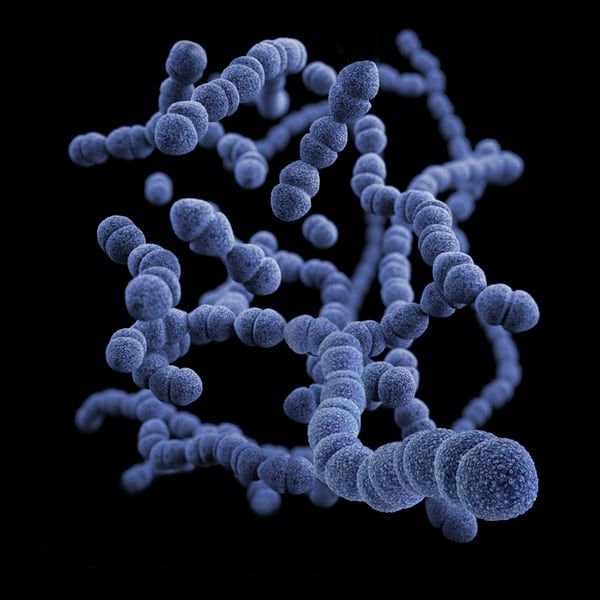Escherichia Coli, which is often dubbed as E. Coli, is a naturally occurring bacteria that is found in a variety of places, including the intestines of humans. Most forms of this bacteria are “an important part of a healthy human intestinal tract”, according to the United States Centres for Disease Control and Prevention.
However, some forms of this bacteria can be dangerous to the human body and can cause health-related complications like difficulty in breathing, urinary tract infections, bloodstream infections and diarrhea.
How to keep safe from the bacteria?
To understand how to protect yourself from E. Coli, it is necessary to be aware about the ways the bacteria can spread. E. Coli “can be transmitted through contaminated water or food, or through contact with animals or people.”
Also Read: Find out what happens to your body when you don’t get enough protein
The United States Centres for Disease Control and Prevention recommends the following steps to protect yourself from the bacteria:
1) Wash your hands thoroughly after contact with animals or their environments. This applies to farms, petting zoos, fairs and even your own backyard.
2) Keep your hands in a sanitary state before and after feeding a baby and touching their pacifiers.
3) If soap and water aren’t available, use an alcohol-based hand sanitizer with at least 60% alcohol to clean your hands regularly
4) While preparing food, one must keep the four-step process in mind to mitigate their chances of getting infected with E. Coli. This process requires an individual to clean, separate, cook and chill.
Also Read: McCormick recalls 3 seasonings amid concerns of salmonella contamination
5) Avoid raw milk, unpasteurised dairy products and juices
6)
Don’t swallow water when swimming and when playing in lakes, ponds, streams, swimming pools
7) Avoid any possibility of cross-contamination in areas where food is prepared. After any utensil touches any product that has meat, it should be cleaned thoroughly, according to reports from the United States Centres for Disease Control and Prevention.







